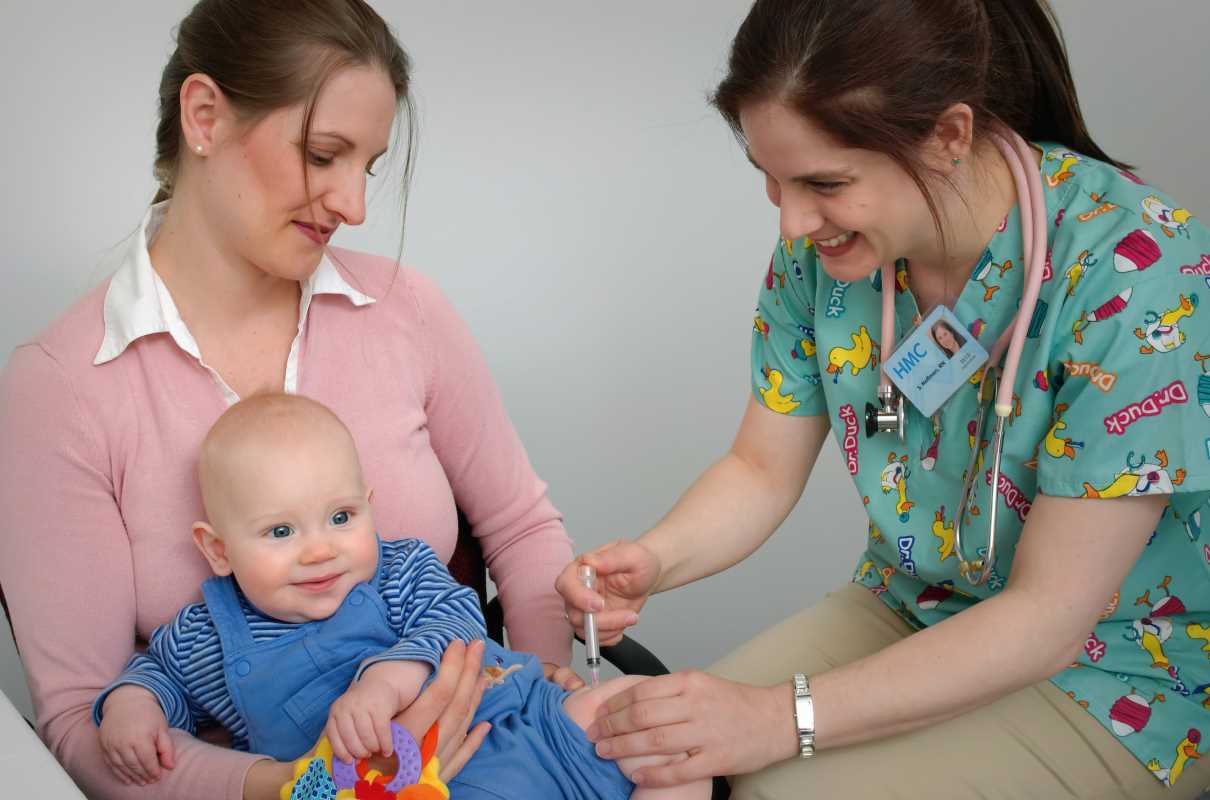Observing young ones during play reveals much about how they build friendships and express themselves. When adults support these early interactions, children gain confidence in sharing their thoughts and feelings. Gentle guidance during group activities helps kids learn to listen, show kindness, and wait their turn, all in a relaxed setting. Creating welcoming opportunities for children to spend time together lets them practice understanding others and forming connections. These simple moments allow school-age kids to discover the value of friendship and cooperation, laying the groundwork for positive relationships that extend far beyond playtime.
Building Foundations Through Shared Experiences
When a group tackles a puzzle or creates a collaborative art project, each child finds a role that fits their strengths. These moments spark curiosity and give children new reasons to turn to one another, from celebrating a completed drawing to cheering as a tower stands upright. They learn to trust peers in tasks without anyone having to explain why such cooperation matters.
Setting up mini-adventures—like a backyard scavenger hunt or a neighborhood nature trek—lets youngsters discover mutual interests while trying something new. This kind of exploration presents gentle challenges that bring out laughter and problem-solving side by side. Over time, these joint accomplishments become moments for future chats, playdates, and inside jokes that strengthen a budding connection.
Every invitation to play becomes an unspoken message: “I enjoy spending time with you.” Through simple shared experiences, children realize the joy of working together and carry that feeling forward into new settings. By keeping activities light-hearted and stepping back when things flow smoothly, grown-ups allow friendships to grow naturally at their own pace.
By weaving in moments where children support each other—say, by passing a paintbrush when it’s someone else’s turn—they learn subtle cues essential for social life. These foundations don’t rely on fancy materials or elaborate planning, just a willingness to let kids create, solve, and celebrate together.
Practical Steps for Everyday Interactions
Foster empathy, confidence, and connection through simple, structured activities.
Structured Playdate Agenda
Purpose: Create a predictable flow so kids feel secure and engaged.
- Steps:
- Choose a theme (e.g., storytelling, building blocks).
- Set three short activities: build, swap roles, group cheer.
- Wrap up with 10 minutes of free play.
- Cost/Availability: Free, using household items.
- Insider Tip: Let the host child pick or help make a snack—it builds ownership and pride.
Emotion Check-In Circle
Purpose: Help children express and explore their emotions.
- Steps:
- Sit in a circle and pass a soft ball.
- The holder says one word to describe their mood.
- Another child asks a gentle follow-up question.
- Cost/Metric: No cost; takes about 5–10 minutes.
- Insider Tip: Use different colored balls to signal conversation tone (e.g., red = energetic, blue = calm).
Role-Exchange Game
Purpose: Encourage empathy through perspective-shifting play.
- Steps:
- Pick three common roles (e.g., builder, leader, helper).
- Assign via random draw (slips of paper).
- Act out a 15-minute group task, then rotate.
- Availability: Works anywhere; minimal props.
- Insider Tip: Use costume add-ons like scarves or hats to make the switch feel real and fun.
Compliment Chain Ritual
Purpose: Reinforce kindness and build peer connection.
- Steps:
- One child praises a peer’s kind act.
- They pass a token (stone, ribbon, etc.) to that peer.
- The receiver gives a new compliment and passes the token along.
- Cost/Metric: Only requires one small token.
- Insider Tip: Keep the token in a “Compliment Pouch” for extra ritual value.
Joint Story-Building
Purpose: Spark imagination and group creativity.
- Steps:
- Begin with a single opening sentence.
- Each child adds two sentences in turn.
- Read the story aloud at the end.
- Availability: Paper, pens, or a tablet.
- Insider Tip: Record the story reading to play back later—kids love hearing their own words aloud.
Building Social Skills Through Playful Structure
Combine practical steps with fun rituals to help children build confidence and connection in group settings. Gentle guidance and space to grow allow friendships to flourish naturally. With regular meet-ups and small celebrations, you nurture social skills that last a lifetime.







